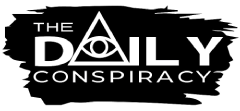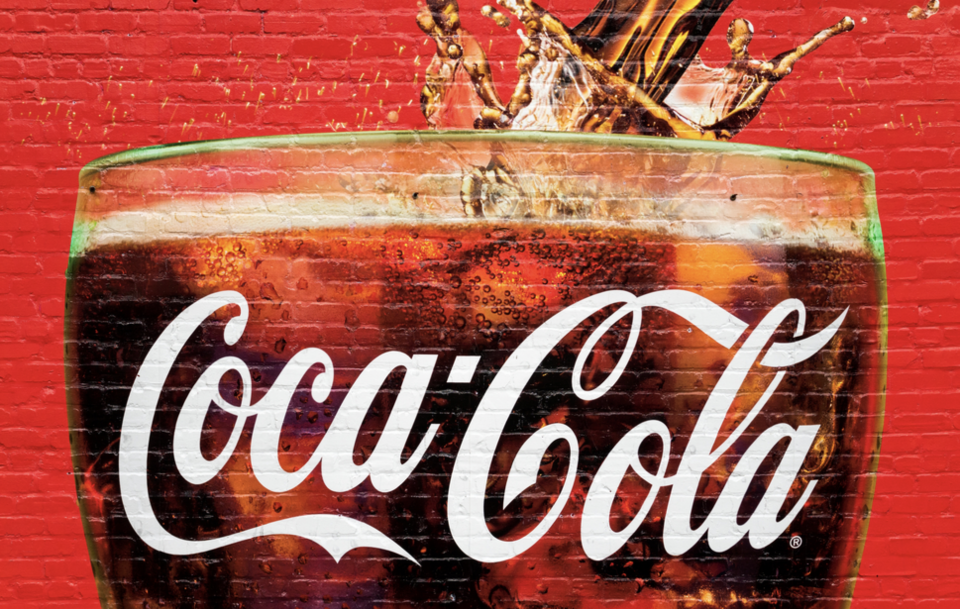The iconic Coca-Cola symbol stands as one of the most recognizable symbols of capitalism, alongside brands like Starbucks and McDonald’s. Originating from the Coca-Cola Company in Georgia, USA, this carbonated soft drink was initially formulated as a medicinal product, eventually transforming into the world’s most popular beverage. The closely guarded recipe features kola nuts and coca leaves as its primary ingredients. Distributed to bottlers worldwide, Coca-Cola is then prepared by adding water and sweeteners before reaching the consumers in over two hundred countries.
Coca-Cola’s influence extends beyond refreshment, delving into scientific discourse through its support for the Global Energy Balance Network in 2015. The organization, purportedly advocating for a shift in focus from diet to exercise, drew skepticism as critics accused Coca-Cola of deflecting attention from the health impacts of its products. Despite assertions of transparency, discrepancies arose concerning the disclosure of Coke’s backing, revealing the subtle ways corporations influence ostensibly impartial health organizations.
While conspiracy theories swirl around Coca-Cola, a prevalent concern is the use of High Fructose Corn Syrup (HFCS) in its formulation. Critics argue that the introduction of HFCS, a cheaper alternative to sugar, may have been driven by economic motives rather than health considerations. The so-called “New Coke Conspiracy” suggests that the 1980s marketing ploy introducing “New Coke” was a strategic move to incorporate HFCS into the classic recipe. While the theory’s validity is debated, it underscores the complex relationship between corporate decisions and consumer perceptions.
Beyond formulations, Coca-Cola has faced legal challenges, including a lawsuit in 2001 involving human rights violations in its Colombian bottling plants. Accusations of links to paramilitary groups and responsibility for union worker assassinations raised ethical questions. Although a US federal court absolved Coca-Cola of direct responsibility, the case shed light on the hazards of organizing unions in Colombia. Similar accusations emerged in Guatemala, Turkey, Mexico, India, El Salvador, and China, further tarnishing Coca-Cola’s reputation with allegations of labor exploitation, environmental damage, and human rights abuses.
Conspiracies surrounding Coca-Cola extend to its historical connection with cocaine, stemming from its early formulations that included cocaethylene, a cocaine and alcohol mixture. Despite the removal of active cocaine compounds in 1929, speculations persist about the company’s involvement in the cocaine trade. Lawsuits and international controversies highlight the need for a thorough investigation into Coca-Cola’s global operations and the responsibility it bears for the actions of its bottling plants.
In conclusion, Coca-Cola’s intricate web of controversies spans health, science, and human rights, raising questions about the ethical considerations of corporate giants in shaping public discourse and influencing global practices. As consumers become increasingly aware of the health hazards associated with sugary beverages, the scrutiny on Coca-Cola and its counterparts intensifies, calling for transparent practices and accountability in the pursuit of profits.

